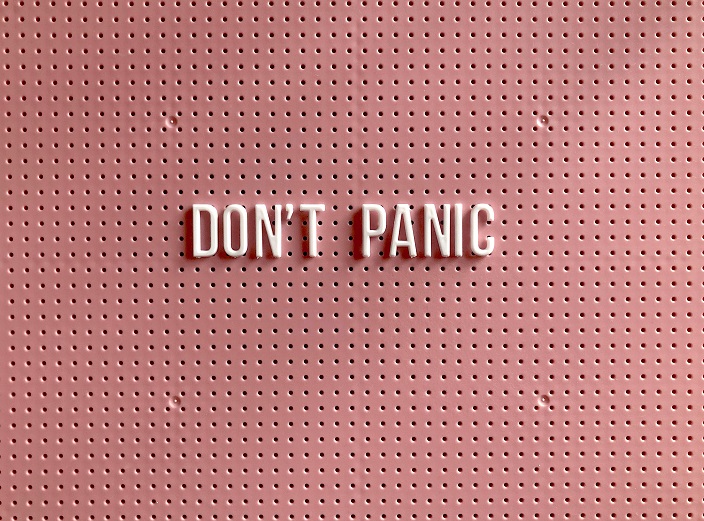If you do not know the meaning of the abbreviation from the title of this article, you may have also felt the fear that you missed something important. Well, that’s it: Fear of Missing Out – FoMO.
Thanks to technology, we can access anyone and anything, anywhere, anytime. However, we often forget that we can’t be everywhere, and that’s when FoMO syndrome sets in.
Existence Under Control
In the professional sphere, resistance to necessity tends to be the strongest. We are afraid of failure, loss of reputation, missed opportunities (for career advancement, mega business, party in the office next door), or even a complete loss of income.
A Pew Research Center survey showed that 44% of people see a direct correlation between having enough information and feeling in control of their existence. In addition, 35% are more inclined to such a connection.
No Procrastination
As with all addictions, including non-substance addictions, the growing need for the supply of “drugs” may result in a pathological stage. In this case, it is about saturating the deficit at the expense of relationships and productivity at work.
Developed FoMO results in obsessive attention to e-mails, reflective reactions to notifications, and intense scrolling. It is not a typical procrastination but the result of fears—in fact, nonsensical ones—that, due to the absence of events, we will look dilettante, uninvolved, and overlookable.
The Best Possible Life
“FoMO is a neurosis resulting from information deprivation and the burden of the eventuality that we miss our best possible life,” psychotherapist Sheva Rajaee defined this disorder for the Well and Good website.
She added that FoMO is a subconscious atavism. Primitive people relied essentially on inclusion in the community: “When we were not called to the fire or hunt, we were alone, terrified of a potential attack by a saber-toothed tiger.”
The Oxford Dictionary
The FoMO syndrome was identified by business guru Dan Herman, who dealt with it in The Journal of Brand Management at the turn of the millennium. However, the term was first used by Patrick James McGinnis twenty years ago in the Harbus University magazine while studying at Harvard Business School. In 2013, FoMO has been listed in the Oxford English Dictionary.
The paralyzing phase is FoDA: Fear of doing anything. Millions of possibilities exceed the capacity to select and use them profitably until the “victims” are definitely stuck in the online space and exclude themselves from healthy social ties.
Panic Without Smartphones
An average person unlocks their phone 58 times in 24 hours. Seven out of ten such activations last under two minutes, and half of them occur within three minutes at the end of the previous one.
If you are reluctant to believe this data, let us remind you that smartphones, in addition to communication, also serve as browsers, alarm clocks, calendars, navigation devices, pedometers, flashlights, cameras, payment cards, etc.
Such a degree of “fusion” can lead to a pathological fear of running out of charge or losing the device. The phobia has already received a name – nomophobia from the “no-mobile-phone phobia.”
Digital Minimalism
Based on his research, Herman claims that up to 70% of adults have personal experience with FoMO at different levels, and 15% of the population cannot cope with this phenomenon.
Digital detox is one of the radical therapies. However, Aaron Harvey from Intrusive Thoughts recommends less strict minimalism, such as turning off notifications on an ongoing basis. Craig Link, editor of Digital Minimalism, continues: “A simplified life is not a worthless life, but a life containing only what is essential to a person and makes them happy.”
Text: Miki Kočan ml., photo: unsplash.com

















